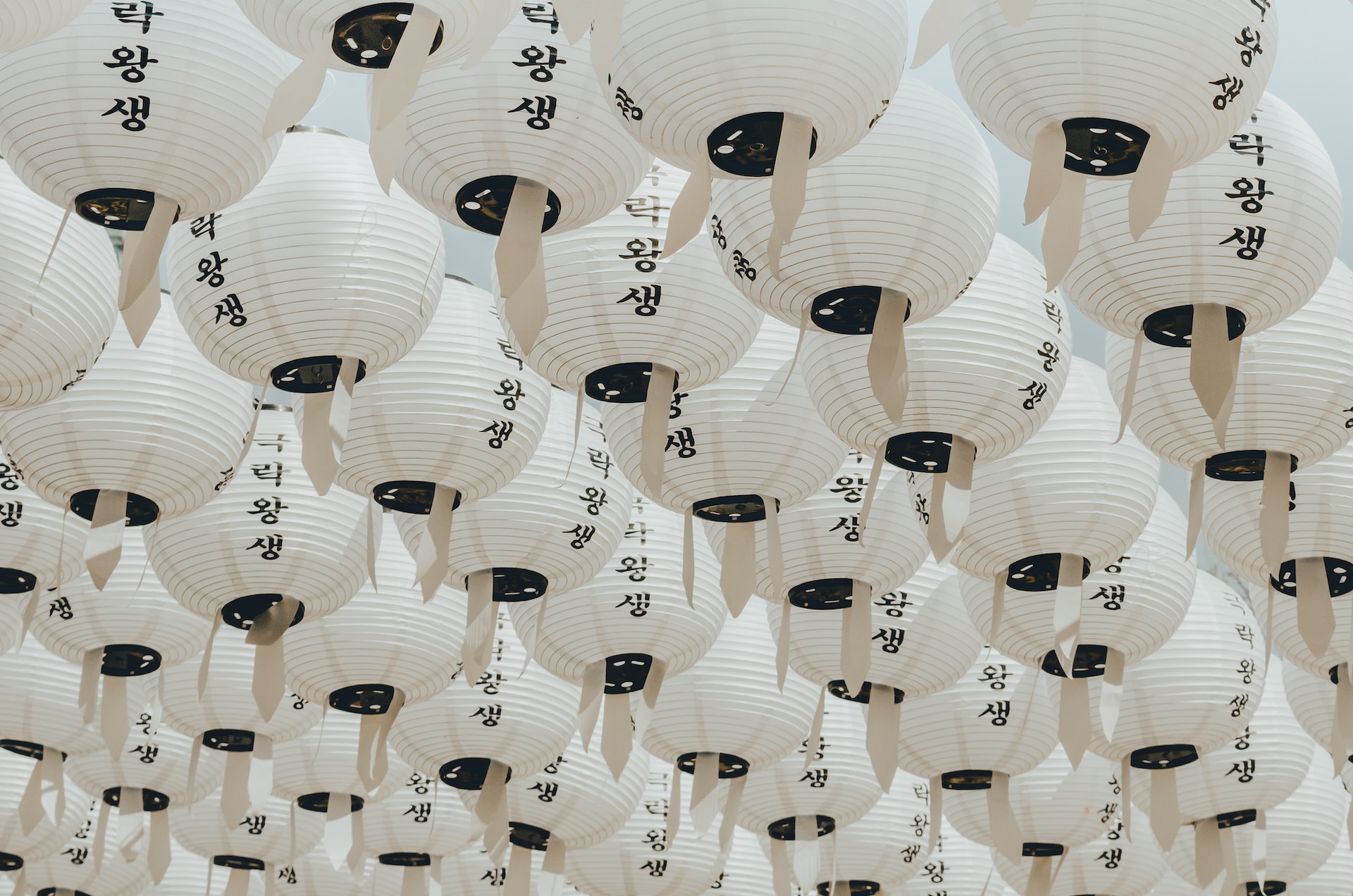Please note that this list is subject to change. For the latest information on travel restrictions for entering South Korea, always check government sites directly as noted below.
Whether you’re traveling on a Korean Electronic Travel Authorization or a valid visa, it’s important to be aware of any travel advisories and restrictions in place before entering South Korea. Here’s everything international travelers should know about entry requirements and restrictions for South Korea and where to find updated information.
South Korea Travel Restrictions
COVID-19
COVID-19 Restrictions: None
While there are no COVID-19 travel restrictions or requirements to enter South Korea at this time, the Centers for Disease Control and Prevention (CDC) recommends that travelers be up-to-date on their COVID-19 vaccines.
Health and Safety Warnings
Unlike North Korea (aka the Democratic People’s Republic of Korea), South Korea (aka the Republic of Korea) is a safe and secure destination for most travelers. As of July 24, 2023, the US State Department has set a Level 1 – Exercise Normal Precautions travel advisory, meaning there are no warnings about places to avoid, ongoing civil issues, or significant health risks. The CDC has no notices in effect for South Korea.
Prior to departure, however, you should check the CDC and State Department‘s South Korea travel advice. They will have the most up-to-date restrictions and warnings for the Korean peninsula.
The US State Department advises against travel to high-risk areas as they may be unable to assist you in case of emergency. Review the State Department’s guide to traveling in high-risk areas for more information.
Women's Safety
With its low crime levels and overall public safety, South Korea is a popular destination for female travelers, both solo and otherwise. However, incidents of sexual harassment and assault, drink spiking, and pickpocketing have taken place at bars and nightlife areas. To protect themselves, women are advised to:
- Refuse food or drink from strangers
- Never leave food or drinks unattended
- When out at night, stick to well-lit, populated areas and travel in groups
- Be aware of your surroundings and exercise caution, especially in major cities. Remain vigilant on public transportation and in metro stations.
- Know where to find the local police. Map out the nearest police station in case of emergency, or to report crimes.
- Refrain from wearing low-cut shirts or shirts that show bare shoulders to avoid unwanted attention
Where to Find Updated South Korea Travel Restrictions
For the most recent and up-to-date information on South Korea travel restrictions, visit the following:
- US Department of State: South Korea International Travel Information
- South Korea Disease Control and Prevention Agency: COVID-19 in South Korea
- South Korea Tourism: COVID-19 Travel Safety and Information
- US Embassy & Consulates in South Korea: Alerts for US Citizens
For other countries, please check with your country’s South Korean embassy or official state department for updated travel advisories and entry requirements and restrictions before you enter Korea.
What to Do in Case of Emergency
Although the Republic of Korea is generally a safe destination, sometimes the unthinkable happens, from a health outbreak to a natural disaster like a typhoon. If trouble occurs, check local announcements for updates from Korean authorities, and reach out to your country’s embassy for travel advice or emergency assistance, such as help with a stolen passport. Travel insurance can offset overseas medical costs; the ideal policy covers both medical evacuation and quality medical care.
You can also enroll in the US Bureau of Consular Affairs’ Smart Traveler Enrollment Program (STEP). By signing up, you’ll receive alerts right to your phone or email, and it makes it easier for local authorities to find and contact you in case of emergency.
Preparing for Your South Korea Trip
Obtaining a visa is an essential part of planning your trip. At Entriva, we can easily and efficiently help you with every aspect of getting a South Korea visa. Start your visa application process.
For more information on other aspects of travel to South Korea, including travel requirements, local laws, and culture and traditions, visit our South Korea content hub.




